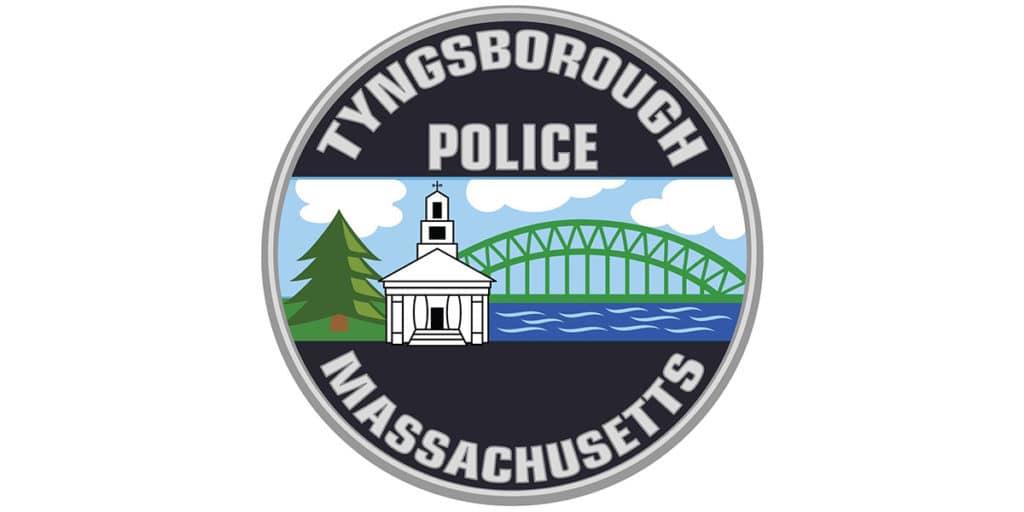TYNGSBOROUGH — Deputy Chief Shaun Woods reports that the Tyngsborough Police Department is investigating an incident in which a Tyngsborough resident was scammed out of $29,000, and warning the public about the proliferation of such scams.
On Monday, May 15, a 70-year-old resident reported to Tyngsborough Police that she had been contacted by someone claiming to be from her bank, who told her that unauthorized purchases had been made on her account. The caller is believed to have been a scammer posing as a bank employee.
The caller then provided the phone number of someone they said was a representative of the Federal Communications Commission, who is believed to be involved in the scam. The second scammer told the victim to take $29,000 out of her bank accounts, without telling anyone at the bank what the withdrawal was for, and to then send the money via a bitcoin machine in Lowell.
The resident followed those instructions, but then contacted police, worried that she had been scammed.
Scams come in a variety of forms and often seek to take advantage of seniors. Many scams include requests to send money via bitcoin machines, which cannot be traced once money is sent.
As a result of the proliferation of these types of scams, Tyngsborough Police would like to share the following safety tips from the Federal Trade Commission (FTC) to help people recognize possible scams:
- Scammers pretend to be from an organization you know. They might use a real name, like the Social Security Administration, the IRS, or Medicare, or make up a name that sounds official. Some pretend to be from a business you know, like a utility company, a tech company, or even a charity asking for donations.
- Scammers say there’s a problem or prize. They might say you’re in trouble with the government, that you owe money, that someone in your family had an emergency, or that there’s a virus on your computer. Some scammers say there’s a problem with one of your accounts and that you need to verify some information. Others will lie and say you won money in a lottery or sweepstakes but have to pay a fee to get it.
- Scammers pressure you to act immediately. They might tell you not to hang up so you can’t check out their story. They might threaten to arrest you, sue you, take away your driver’s or business license, or deport you. They might say your computer is about to be corrupted.
- Scammers tell you to pay in a specific way. They often insist that you pay by sending money through bitcoin, a money transfer company or by putting money on a gift card and then giving them the number on the back. Some will send you a check (that will later turn out to be fake), tell you to deposit it, and then send them money.
The FTC also recommends that if you get an email or text message from a company you do business with and you think it’s real, it’s still best not to click on any links. Instead, contact them using a website you know is trustworthy, or look up their phone number. Don’t call a number they gave you or the number from your caller ID.
“A key element of these types of scams is that the scammers often encourage people not to tell anyone else what is happening, and they also like to encourage people to act as quickly as possible,” said Deputy Chief Woods. “We encourage anyone receiving these kinds of communications to slow down, reach out to friends or family, or to contact Tyngsborough Police for advice on what their next steps should be.”
Residents who believe they may have fallen victim to such a scam, or who believe they may be communicating with would-be scammers, are encouraged to contact the Tyngsborough Police Department at 978-649-7504.
Credit: Source link



























